Search
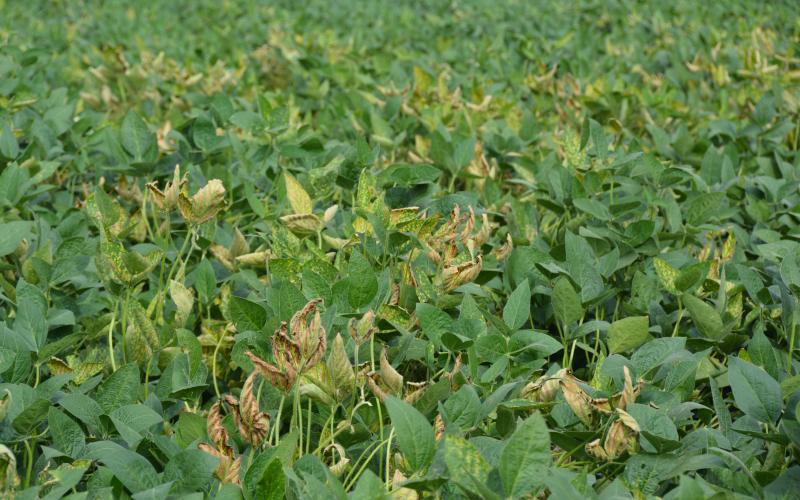
Plant Disease Management Decisions to Make Before Planting
For most plant diseases, in-season management choices are very limited. In fact, there are no in-season management options available for diseases caused by nematodes, viruses, and bacteria.
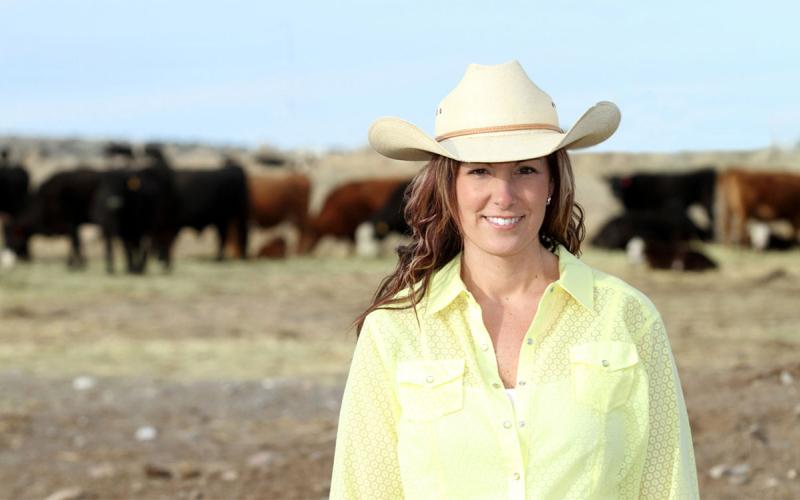
The Power of Women as AgVocates Rescheduled to March 4 and 5
February 08, 2022
The Power of Women as AgVocates Conference has been rescheduled for March 4-5, 2022 in Fort Pierre, South Dakota at the Casey Tibbs Rodeo Center and the Missouri Avenue Event Center in Pierre.
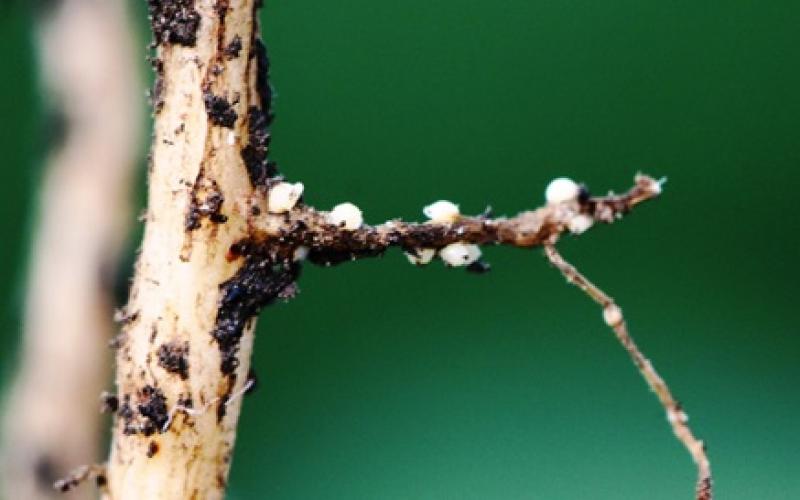
Scout and Soil Test for the Soybean Cyst Nematode
Soybean cyst nematode (SCN) is the main soybean production constraint in South Dakota. Soybean plants can be infested with SCN but may not display visible symptoms.
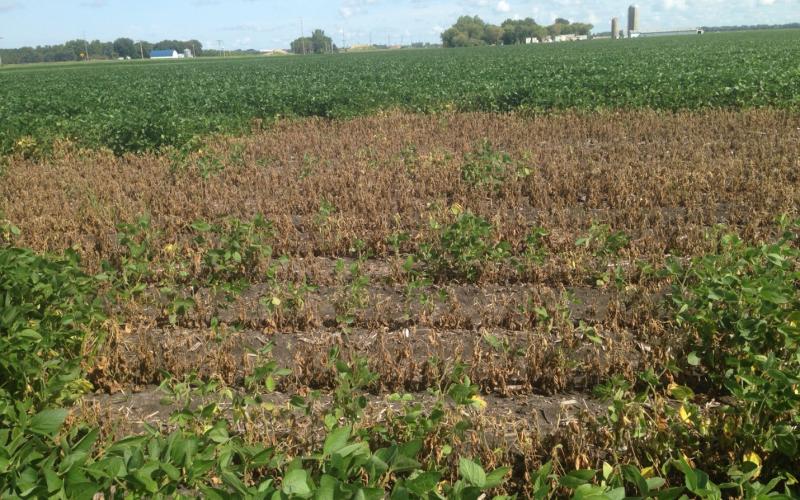
Seeing Dead Soybean Plants in a Circular Pattern? Could Be Due to Lightning
While quite uncommon for lightning to damage row crops, it does happen. Thunderstorms can have lightning that can burn soybeans plants leading to their death.
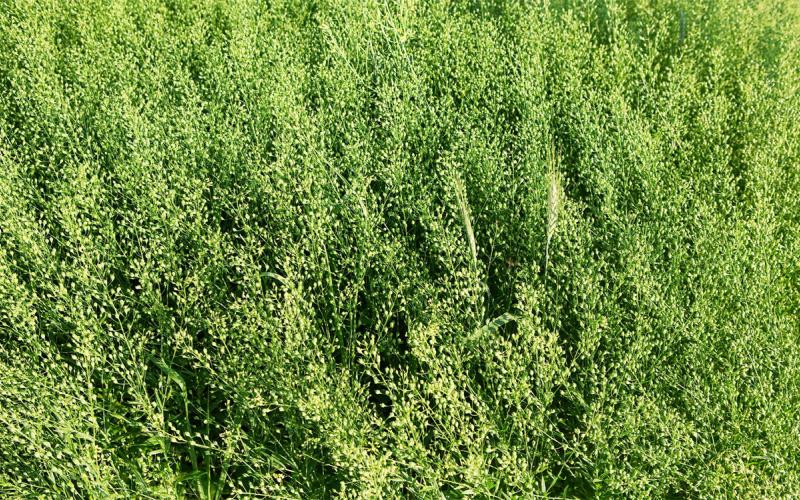
Spring and Winter Camelina in South Dakota
In the semi-arid, western portion of South Dakota, camelina has potential value as a fall-seeded cover crop, providing flexibility in crop rotations for improving soil health.
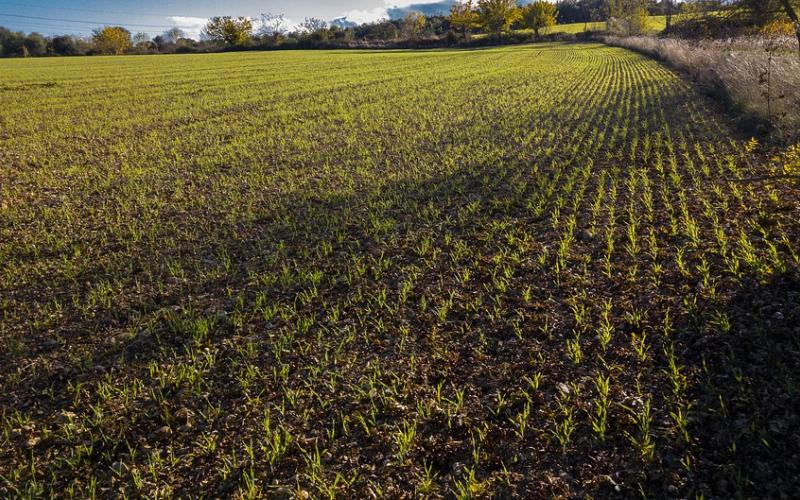
Winter Wheat Planting Date Is Important
A five year study conducted in southwestern South Dakota evaluating seven winter wheat varieties over four planting dates from September 15 to November 1 showed that delayed planting decreases yields. The results determined that planting mid September to the first of October consistently had the highest grain yield over the duration of the experiment.
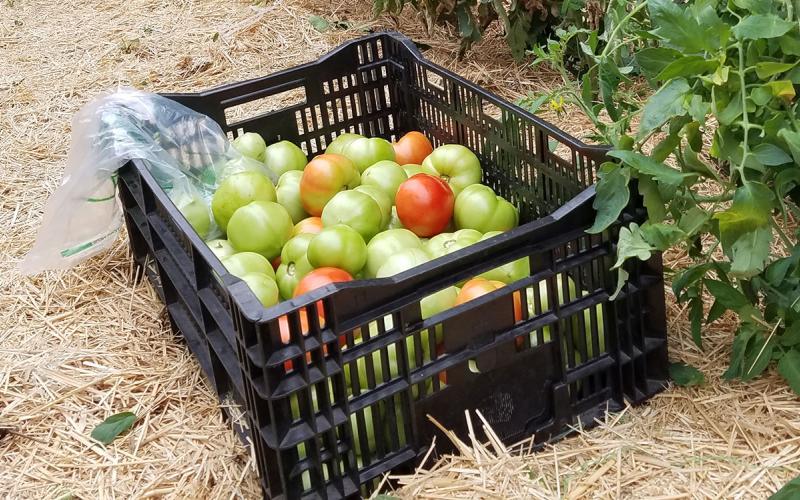
How to Handle Those Green Tomatoes
With cooler temperatures and decreased daylength, gardeners may have an abundance of green, unripened tomatoes this fall. Learn some delicious ways to use them in the kitchen along with some expert tips for ripening them!
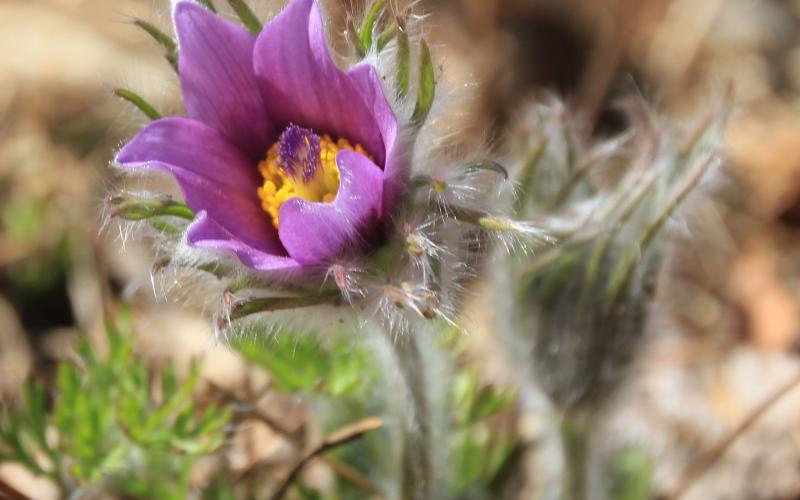
Common Flowering Plants (Forbs) of South Dakota
This guide focuses on forbs, or flowering “broad-leaved” herbaceous plants, but forbs can be narrow-leaved as well.
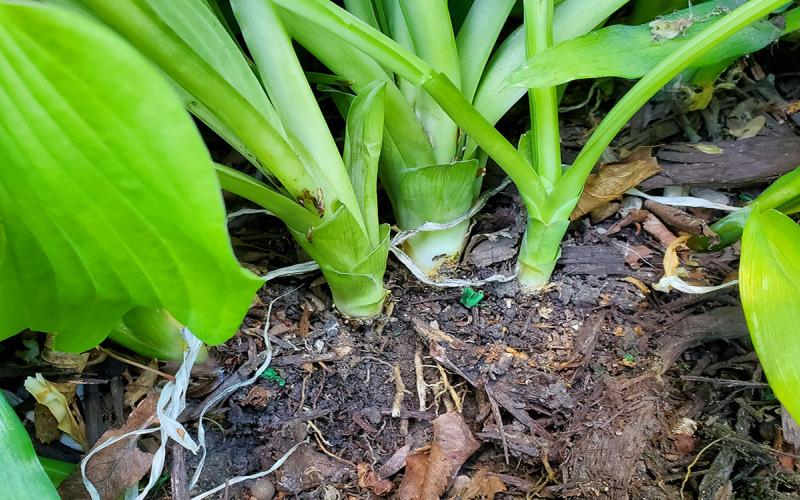
Dividing Perennials in the Fall
Dividing overcrowded perennial plants in your landscape can help ensure a long and healthy plant life. Learn which plants benefit from fall division and view a step-by-step guide for getting started!
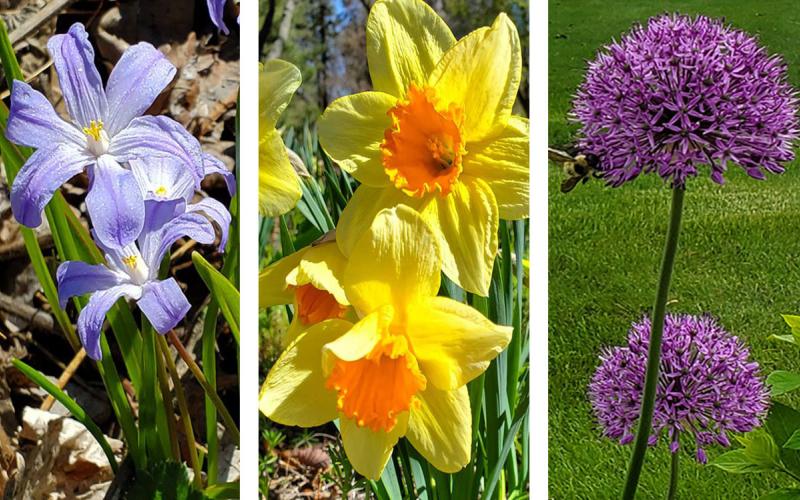
Bulbs to Plant in the Fall
Fall is the time to plant cold-hardy bulbs in South Dakota gardens. This will ensure that your landscape will have a variety of color, size, and bloom types the following season.